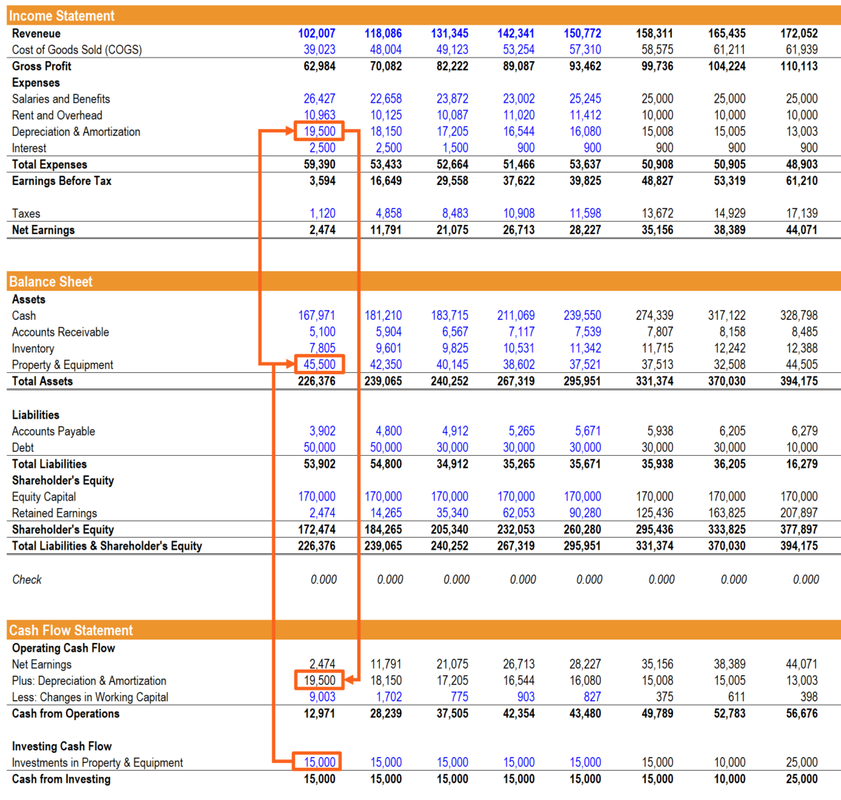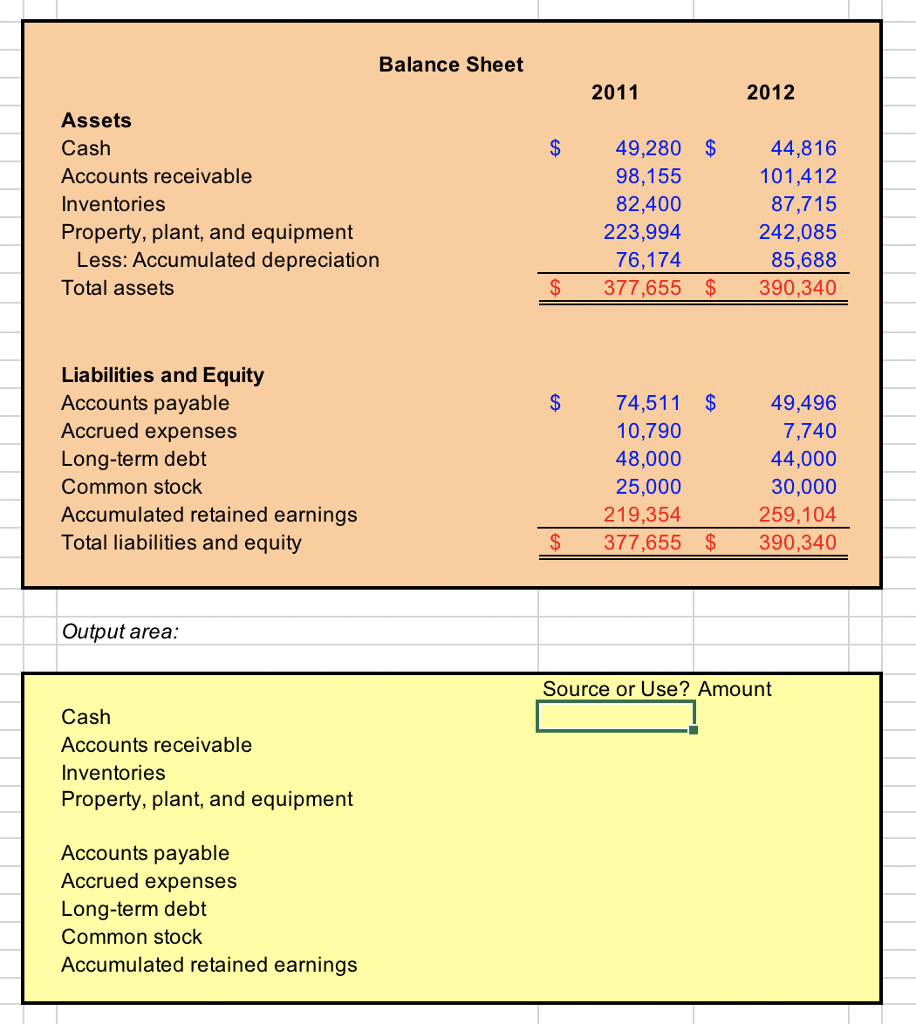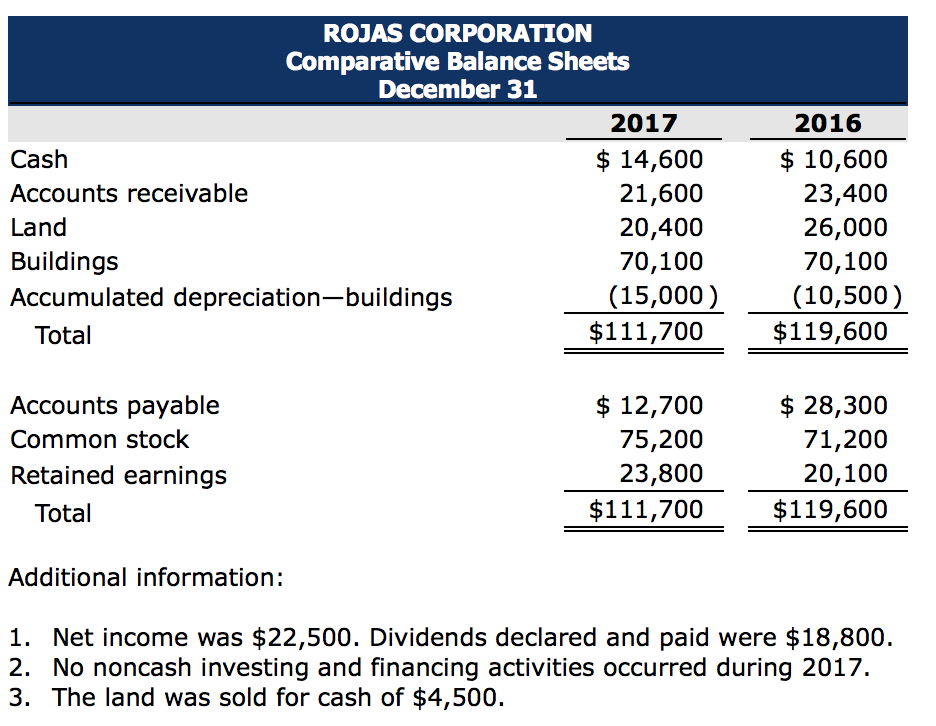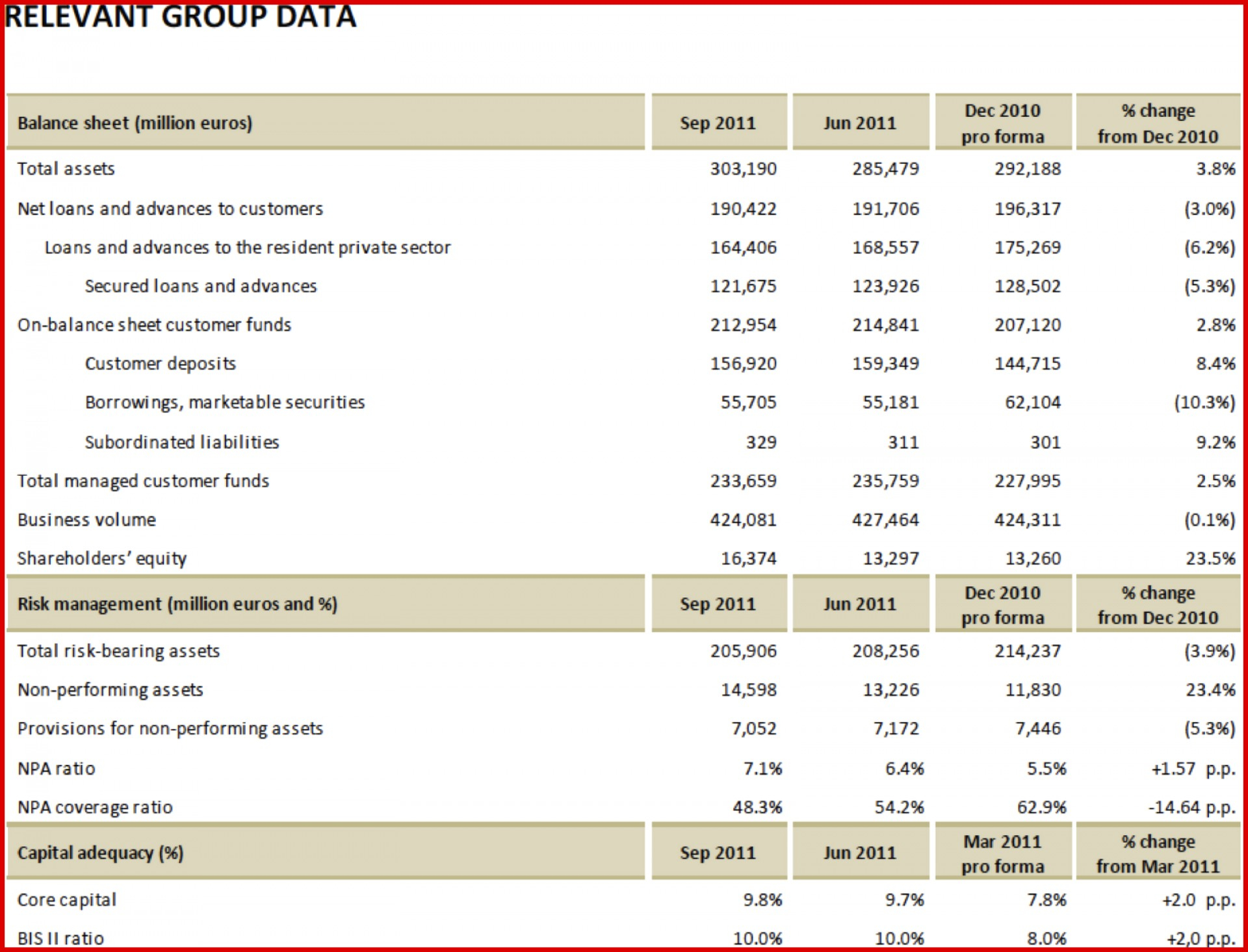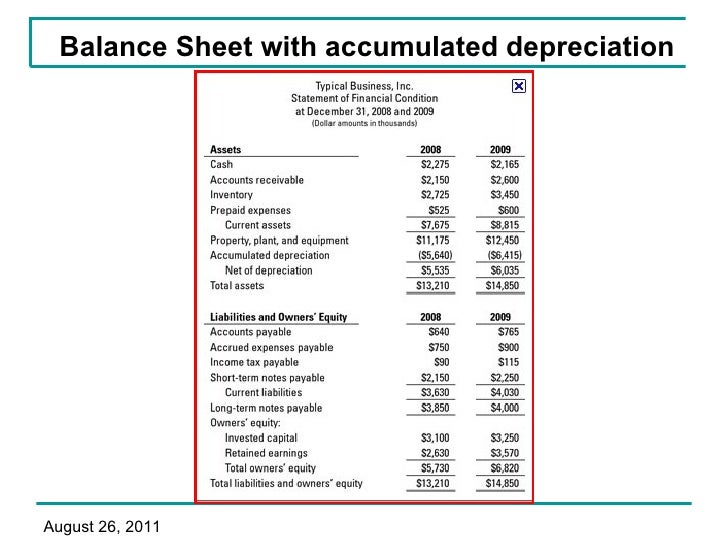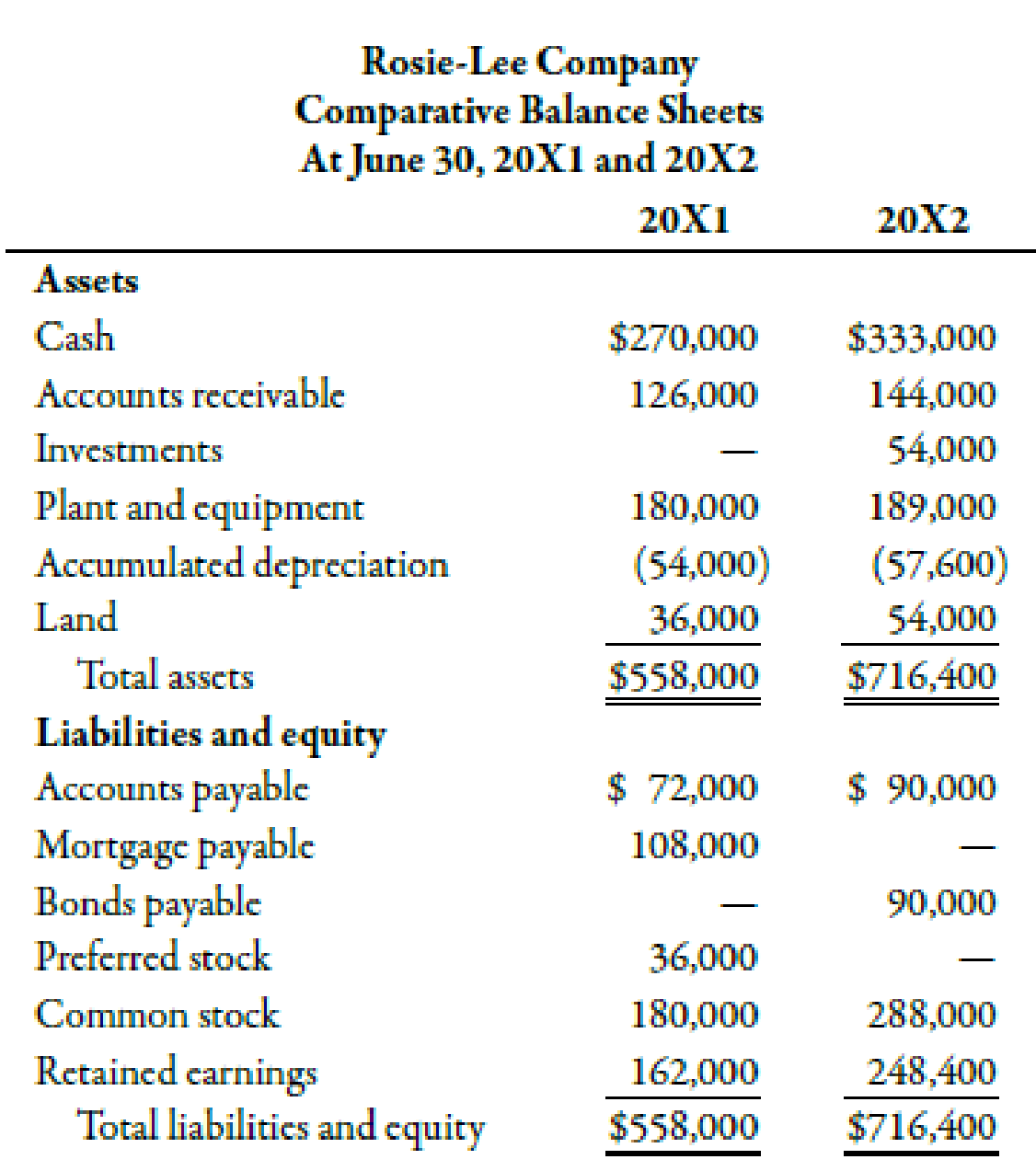Balance Sheet Depreciation - Depreciation is a systematic procedure for allocating the acquisition cost of a capital asset over its useful life. Depreciation allows a business to allocate the cost of a tangible asset over its useful life for accounting and tax purposes. On the balance sheet, depreciation expense reduces the book value of a company’s property, plant and equipment (pp&e) over its.
Depreciation is a systematic procedure for allocating the acquisition cost of a capital asset over its useful life. On the balance sheet, depreciation expense reduces the book value of a company’s property, plant and equipment (pp&e) over its. Depreciation allows a business to allocate the cost of a tangible asset over its useful life for accounting and tax purposes.
Depreciation allows a business to allocate the cost of a tangible asset over its useful life for accounting and tax purposes. Depreciation is a systematic procedure for allocating the acquisition cost of a capital asset over its useful life. On the balance sheet, depreciation expense reduces the book value of a company’s property, plant and equipment (pp&e) over its.
Why is accumulated depreciation a credit balance?
Depreciation allows a business to allocate the cost of a tangible asset over its useful life for accounting and tax purposes. On the balance sheet, depreciation expense reduces the book value of a company’s property, plant and equipment (pp&e) over its. Depreciation is a systematic procedure for allocating the acquisition cost of a capital asset over its useful life.
Balance Sheet Example With Depreciation
On the balance sheet, depreciation expense reduces the book value of a company’s property, plant and equipment (pp&e) over its. Depreciation allows a business to allocate the cost of a tangible asset over its useful life for accounting and tax purposes. Depreciation is a systematic procedure for allocating the acquisition cost of a capital asset over its useful life.
How is accumulated depreciation on a balance sheet? Leia aqui Is
Depreciation allows a business to allocate the cost of a tangible asset over its useful life for accounting and tax purposes. On the balance sheet, depreciation expense reduces the book value of a company’s property, plant and equipment (pp&e) over its. Depreciation is a systematic procedure for allocating the acquisition cost of a capital asset over its useful life.
What Is Accumulated Depreciation Equipment On A Balance Sheet at Idell
On the balance sheet, depreciation expense reduces the book value of a company’s property, plant and equipment (pp&e) over its. Depreciation allows a business to allocate the cost of a tangible asset over its useful life for accounting and tax purposes. Depreciation is a systematic procedure for allocating the acquisition cost of a capital asset over its useful life.
Accumulated Depreciation
On the balance sheet, depreciation expense reduces the book value of a company’s property, plant and equipment (pp&e) over its. Depreciation allows a business to allocate the cost of a tangible asset over its useful life for accounting and tax purposes. Depreciation is a systematic procedure for allocating the acquisition cost of a capital asset over its useful life.
How do you account for depreciation on a balance sheet? Leia aqui Is
Depreciation allows a business to allocate the cost of a tangible asset over its useful life for accounting and tax purposes. On the balance sheet, depreciation expense reduces the book value of a company’s property, plant and equipment (pp&e) over its. Depreciation is a systematic procedure for allocating the acquisition cost of a capital asset over its useful life.
Fixed Asset Depreciation Excel Spreadsheet for 013 Accounting Balance
On the balance sheet, depreciation expense reduces the book value of a company’s property, plant and equipment (pp&e) over its. Depreciation allows a business to allocate the cost of a tangible asset over its useful life for accounting and tax purposes. Depreciation is a systematic procedure for allocating the acquisition cost of a capital asset over its useful life.
Accumulated Depreciation Definition and Examples
Depreciation allows a business to allocate the cost of a tangible asset over its useful life for accounting and tax purposes. On the balance sheet, depreciation expense reduces the book value of a company’s property, plant and equipment (pp&e) over its. Depreciation is a systematic procedure for allocating the acquisition cost of a capital asset over its useful life.
Depreciation
On the balance sheet, depreciation expense reduces the book value of a company’s property, plant and equipment (pp&e) over its. Depreciation allows a business to allocate the cost of a tangible asset over its useful life for accounting and tax purposes. Depreciation is a systematic procedure for allocating the acquisition cost of a capital asset over its useful life.
Balance Sheet Example With Depreciation
Depreciation is a systematic procedure for allocating the acquisition cost of a capital asset over its useful life. Depreciation allows a business to allocate the cost of a tangible asset over its useful life for accounting and tax purposes. On the balance sheet, depreciation expense reduces the book value of a company’s property, plant and equipment (pp&e) over its.
Depreciation Allows A Business To Allocate The Cost Of A Tangible Asset Over Its Useful Life For Accounting And Tax Purposes.
On the balance sheet, depreciation expense reduces the book value of a company’s property, plant and equipment (pp&e) over its. Depreciation is a systematic procedure for allocating the acquisition cost of a capital asset over its useful life.
:max_bytes(150000):strip_icc()/dotdash_Final_Why_is_Accumulated_Depreciation_a_Credit_Balance_Jul_2020-01-34c67ae5f6a54883ba5a5947ba50f139.jpg)
